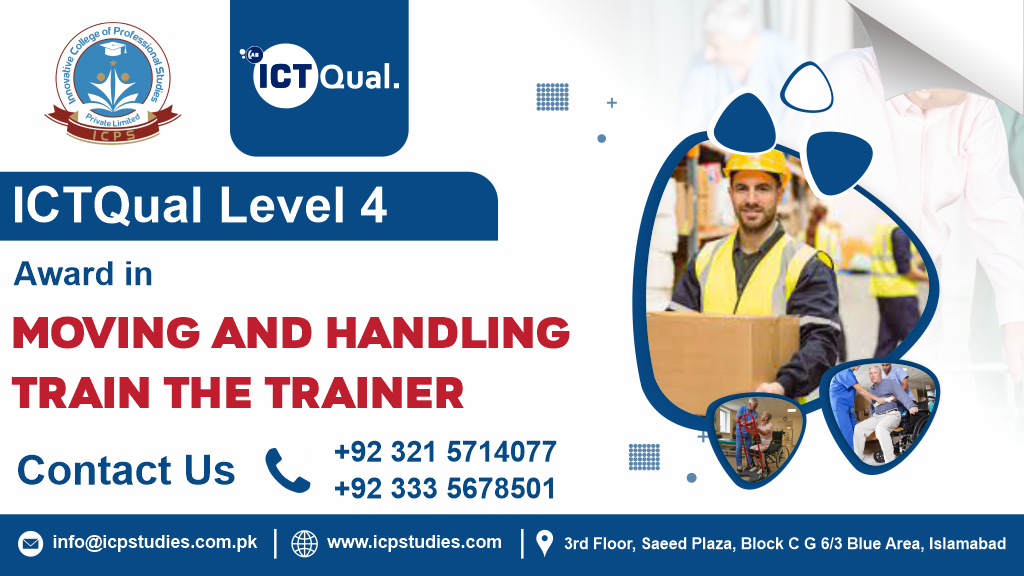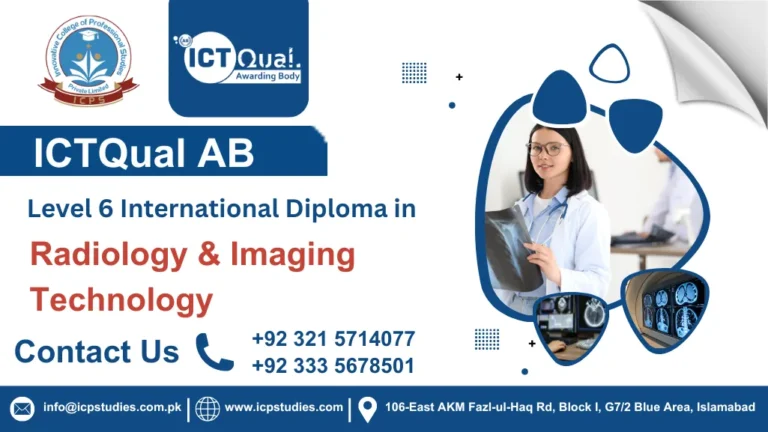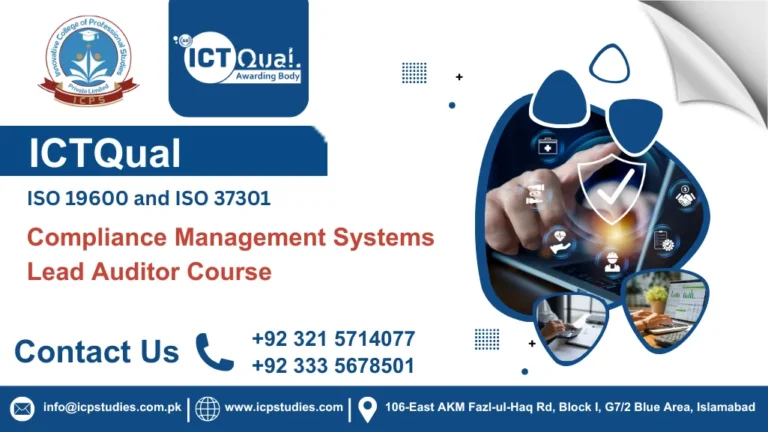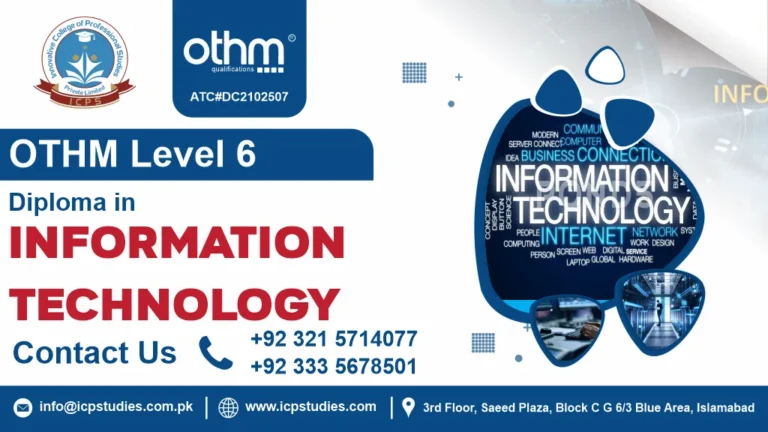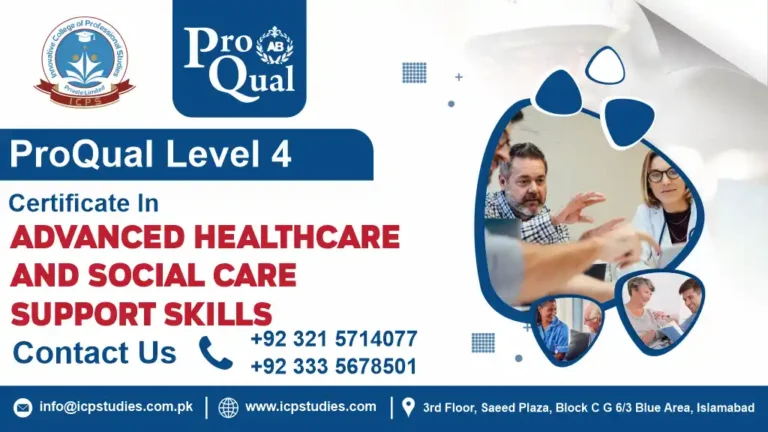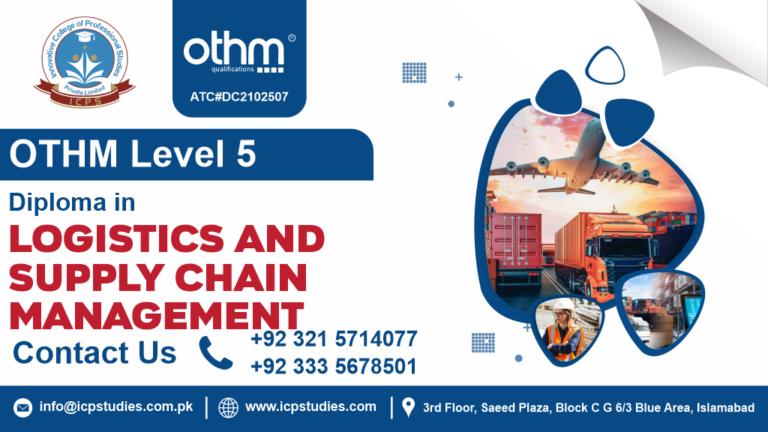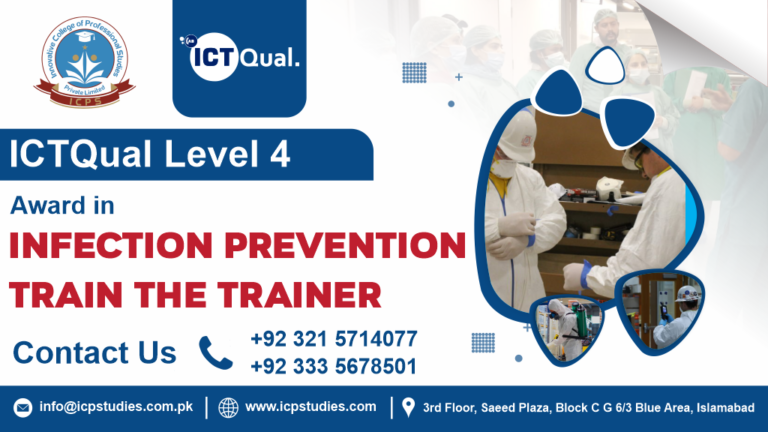In today’s dynamic workplaces, ensuring safety and efficiency in handling tasks is paramount. Whether in healthcare, hospitality, or any industry involving physical labor, proper techniques for moving and handling are essential to prevent injuries and promote well-being. The ICTQual Level 4 Award in Moving and Handling Train the Trainer stands out as a beacon of excellence in this crucial field.
The ICTQual Level 4 Award in Moving and Handling Train the Trainer is more than just a certification; it’s a comprehensive program designed to empower trainers with the knowledge and skills needed to impart safe practices effectively. This qualification equips trainers with the expertise to educate others on proper techniques for lifting, moving, and handling objects and people, reducing the risk of workplace accidents and injuries.
The ICTQual Level 4 Award in Moving and Handling Train the Trainer sets the gold standard for excellence in this vital aspect of workplace safety. By equipping trainers with the knowledge, skills, and confidence to promote safe practices, this qualification paves the way for a brighter, injury-free future in workplaces around the world.
All About ICTQual Level 4 Award in Moving and Handling Train the Trainer
Course Overview
The ICTQual Level 4 Award in Moving and Handling Train the Trainer is a specialized certification program designed to equip individuals with the knowledge and skills needed to effectively train others in safe moving and handling practices. This qualification focuses on educating trainers on proper techniques for lifting, moving, and handling objects and people to prevent workplace injuries.
ICTQual Level 4 Award in Moving and Handling Train the Trainer serves as a stepping stone to excellence in workplace safety, empowering trainers to make a positive impact by educating others and promoting a culture of well-being and protection.
Study Units
- Fundamentals of Moving and Handling
- Anatomy and Physiology of Movement
- Risk Assessment and Hazard Identification
- Ergonomic Principles and Equipment
- Safe Lifting and Handling Techniques
- Training Design and Delivery
- Assessment and Feedback
- Legal and Ethical Considerations
- Continuous Professional Development
Admission Criteria
Fundamentals of Moving and Handling:
- Understand the importance of safe moving and handling practices in various industries.
- Identify common hazards and risks associated with improper handling techniques.
- Demonstrate knowledge of basic principles and guidelines for safe movement and handling.
Anatomy and Physiology of Movement:
- Explain the structure and function of the musculoskeletal system.
- Understand how muscles, bones, and joints work together during movement.
- Identify common injuries and conditions related to improper movement and handling.
Risk Assessment and Hazard Identification:
- Conduct comprehensive risk assessments related to moving and handling tasks.
- Identify potential hazards and risks in the workplace.
- Implement strategies to mitigate risks and create a safer working environment.
Ergonomic Principles and Equipment:
- Understand ergonomic principles and their importance in preventing musculoskeletal injuries.
- Identify ergonomic hazards and recommend ergonomic solutions.
- Demonstrate proficiency in the use of manual handling aids and equipment.
Safe Lifting and Handling Techniques:
- Demonstrate proper lifting techniques to minimize the risk of injury.
- Apply safe handling techniques for different types of loads and objects.
- Recognize factors that can affect safe lifting and handling and adjust techniques accordingly.
Training Design and Delivery:
- Design effective training programs on moving and handling based on learning objectives and audience needs.
- Deliver engaging and interactive training sessions using a variety of teaching methods and resources.
- Evaluate the effectiveness of training delivery and make adjustments as needed.
Assessment and Feedback:
- Develop assessment tools to measure trainee understanding and competency in moving and handling practices.
- Provide constructive feedback to trainees to help them improve their skills.
- Use assessment data to inform future training sessions and improvements.
Legal and Ethical Considerations:
- Understand relevant legislation and regulations related to moving and handling in the workplace.
- Adhere to ethical standards and professional guidelines in training delivery and practice.
- Identify legal responsibilities and liabilities associated with moving and handling activities.
Continuous Professional Development:
- Recognize the importance of ongoing learning and development in the field of moving and handling.
- Engage in continuous professional development activities to stay updated on best practices and industry trends.
- Demonstrate a commitment to personal and professional growth in promoting safety and well-being in the workplace.
Ideal Candidate
- Minimum Age Requirement: Participants must typically be at least 18 years old to enroll in the course.
- Educational Background: While there may not be strict educational prerequisites, a basic level of literacy and numeracy is usually expected to ensure comprehension of course materials and assessments.
- Industry Experience: Candidates are often required to have relevant work experience in industries where moving and handling tasks are common, such as healthcare, logistics, hospitality, or manufacturing. This practical experience provides a foundation for understanding the challenges and requirements of safe moving and handling practices.
- Health and Fitness: Due to the physical nature of the course content, participants may need to meet certain health and fitness standards to ensure they can safely engage in practical training activities. This could involve self-assessment or a medical declaration of fitness to participate in manual handling tasks.
- Language Proficiency: Proficiency in the language of instruction is essential to understand course materials, participate in discussions, and complete assessments effectively. Depending on the course provider, applicants may need to demonstrate language proficiency through standardized tests or other means.
- Access to Learning Resources: Participants may need access to specific learning resources, such as computers with internet access, textbooks, or training facilities, depending on the course delivery format. Ensuring access to these resources may be a requirement for enrollment.
- Legal Requirements: Depending on the jurisdiction and industry, there may be additional legal requirements or certifications necessary for individuals to work in roles involving moving and handling training. Candidates should familiarize themselves with any regulatory obligations relevant to their location and industry.
- Pre-Course Assessment: Some course providers may require candidates to complete a pre-course assessment or interview to evaluate their suitability for the program. This assessment could cover topics such as motivation, understanding of course expectations, and commitment to promoting workplace safety.
It’s important for prospective participants to review the specific entry requirements outlined by the course provider and ensure they meet all criteria before applying for enrollment. Additionally, candidates should consider how their existing skills and experience align with the learning outcomes of the course to determine if it’s the right fit for their professional development goals.
Learning Outcomes
The ICTQual Level 4 Award in Moving and Handling Train the Trainer course is designed for individuals who play a role in promoting workplace safety and well-being, particularly in environments where manual handling tasks are common. This course is well-suited for:
- Healthcare Professionals: Nurses, healthcare assistants, physiotherapists, and other healthcare workers responsible for patient handling and movement can benefit from this course to enhance their skills in safe handling techniques and train others within their organizations.
- Occupational Health and Safety Officers: Professionals involved in occupational health and safety management, including safety officers, risk assessors, and health and safety coordinators, can acquire the necessary expertise to design and deliver effective moving and handling training programs for employees.
- Trainers and Educators: Individuals involved in training and education, such as vocational trainers, adult educators, and workplace trainers, can enhance their capabilities by becoming certified in moving and handling train the trainer techniques, enabling them to deliver high-quality training sessions to employees.
- Manual Handling Instructors: Those already involved in manual handling instruction can further develop their skills and knowledge through this course, ensuring they stay updated on best practices and regulations in the field and are equipped to train others effectively.
- Human Resources Professionals: HR personnel responsible for employee training and development can benefit from understanding moving and handling practices to ensure compliance with health and safety regulations and promote employee well-being within the organization.
- Industry Supervisors and Managers: Supervisors, team leaders, and managers across various industries, including logistics, manufacturing, construction, and hospitality, can gain valuable insights into safe moving and handling practices to effectively lead their teams and minimize workplace injuries.
- Individuals Seeking Career Advancement: Those looking to advance their careers in industries where manual handling is prevalent can benefit from obtaining this certification. It provides a competitive edge by demonstrating expertise in promoting workplace safety and reducing the risk of injuries.
Overall, this course caters to individuals who are committed to promoting a culture of safety in their workplaces, regardless of their specific job roles or industries. By completing the ICTQual Level 4 Award in Moving and Handling Train the Trainer course, participants gain the knowledge, skills, and confidence to effectively train others in safe moving and handling practices, contributing to a safer and healthier work environment for all.
FAQs about ICTQual Level 4 Award in Moving and Handling Train the Trainer

